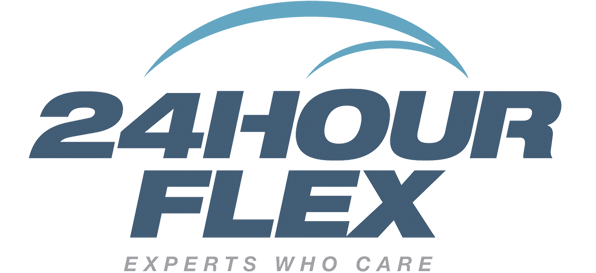It comes as no surprise that many Americans are concerned about retirement. Diligently putting money into 401(k) or any other form of retirement savings account, many still miss one key ingredient that could offer not only tax benefits, but sustainable growth well into retirement.
This surprisingly underutilized investment opportunity, the health savings account (HSA), has been around for over a decade, but even with recent upticks in use for long-term savings, many consumers fail to recognize this as such—only 26% of HSAs had balances over $2,000 according to AHIP Research.
The money is on the table, and with the right communication strategies, employers can help consumers recognize the savings opportunities available to them. For more information, see this article, Key Communication Objectives for Different HSA Users.
Tax Free Savings and Investment
In the article HSA and 401(k): Partners in investment, the triple tax benefits in HSA investment are explained:
- Account contributions are pre-tax or tax-deductible
- All earnings, interest, and investment returns are tax-free
- Any withdrawals for qualified medical expenses are also tax-free
Further, once a consumer hits 65, all non-medical withdrawals are taxed at their current tax rate with no penalty (20% penalty before age 65).
Related: The Great Financial and Retirement Convergence
Mutual Fund Investment Opportunity
Another opportunity for banks to encourage HSA investment to consumers is the ability to invest HSA balances into mutual funds—as only $2.9 billion of the $23 billion invested is invested in mutual funds, according to Devenir.
Although some administrators do not allow it, Matt Irvine, head of marketing and sales at Health Savings Administrators, thinks that anything besides mutual fund investment is a dangerous strategy, because “[consumers are] losing value because that interest rate isn’t keeping up with inflation.”
Example of Savings Amassed Through HSA Investment
The benefits are there for the taking for consumers. For example, a recent illustration shared on Blue Cross Minnesota demonstrated how a 45-year old couple could amass hundreds of thousands by investing in an HSA:
A 45-year-old couple could have $134,525 to $172,510 EXTRA in their HSA when they retire by using these strategies. Here’s how:
They deposit $5,450 annually to their HSA for 20 years and earn a 6 percent return on their HSA investments:*
- They have $2,000 a year in eligible heath expenses.
- Each year, they take out money from their HSA to pay themselves back.
- In 20 years they’ll have $134,525 in their HSA as they begin retirement.
If the same couple delays taking out the $2000 each year, paying their health care expenses out of pocket:
- They’ll have $212,510 in their HSA at age 65.They then pay themselves back for medical expenses from earlier years. They’ll have $172,510 in their HSA.
*Note: Investment Maximum for a Family in 2015 is $6,650 Learn more from A Handy Guide to HSAs and FSAs in 2015
*Note from BCMN: The 6 percent rate of return is for illustration only. Actual returns will vary. Investing in mutual funds involves risk, including possible loss of capital.
Preparing for Non-Covered, Qualified Expenses Later in Life
Convincing consumers to save and invest into HSAs will help said consumers later in life, according to a MarketWatch article, “How to Use Your HSA as an Investment Tool.”
Qualified expenses, according to the IRS, include medical, dental, vision, and more which are not covered under common health insurance plans.
Consider the need for hearing aids—an expensive need for consumers that isn’t covered under most health insurance plans. This is where saved HSA funds can play a major role in the financial stability and comfort of seniors, as money saved can offer a healthy return for consumers and their families.
Are you an employer or broker who is interested in adding an HSA to your benefit offerings?
We'd love to hear from you!

